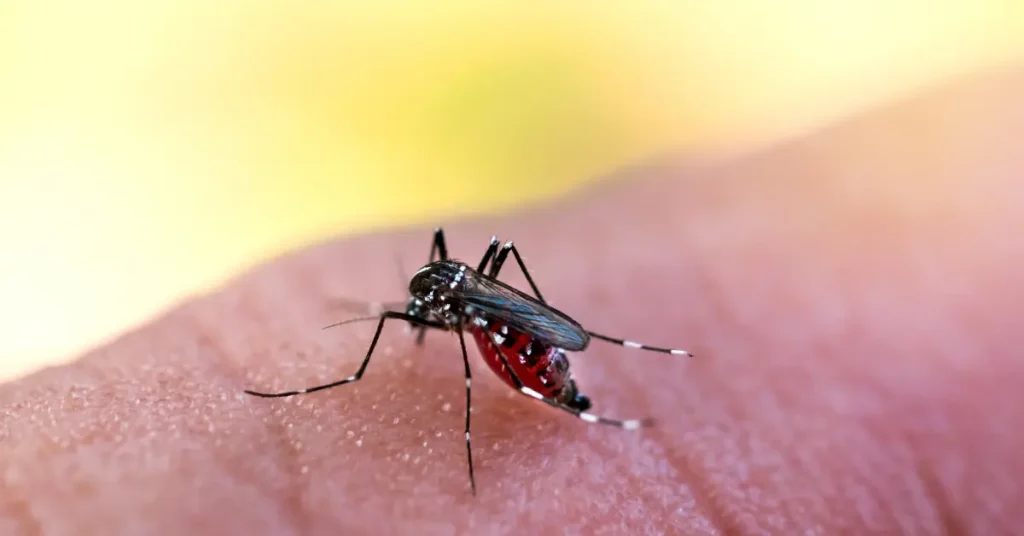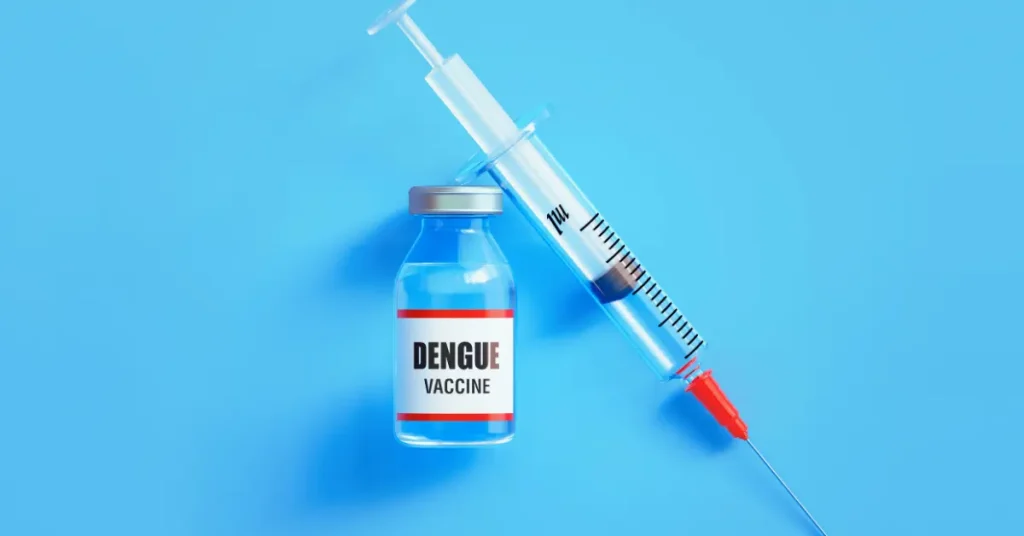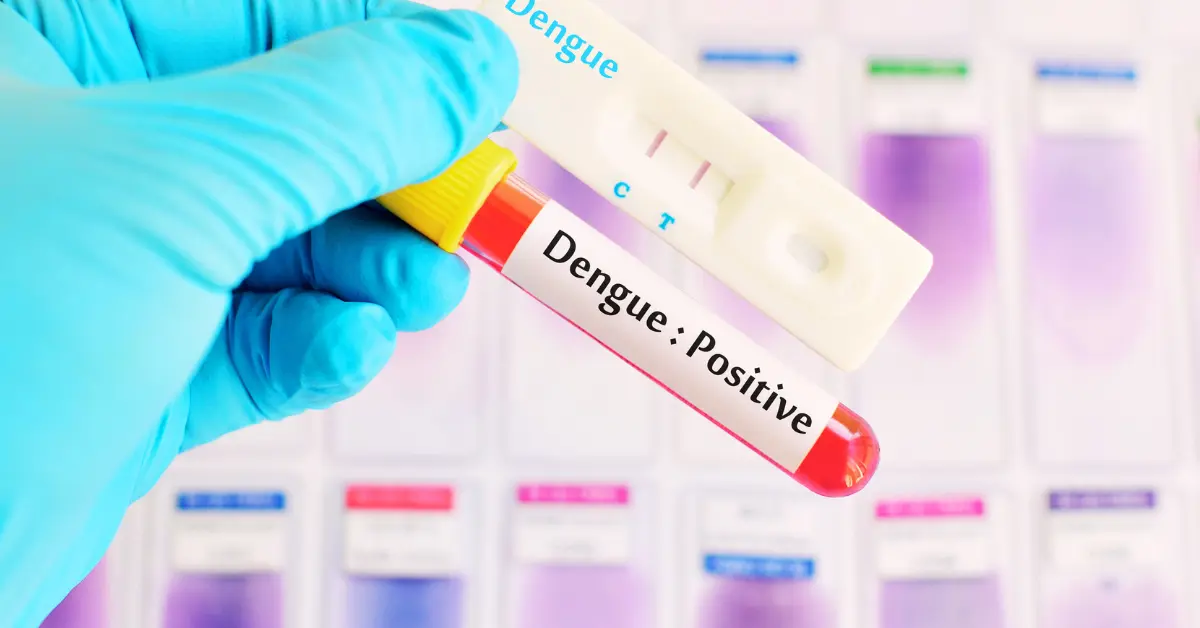LATEST UPDATES
- Dengue outbreak in Puerto Rico declared a public health emergency.
- At least 549 cases reported, with most in San Juan.
- Higher rainfall and humidity contributing to mosquito breeding.
- Dengue symptoms include headaches, fever, vomiting, rash, and in severe cases, death.
- Climate change linked to increased dengue outbreaks.
- Puerto Rico deploying integrated prevention and control plan.
- Public health emergency declared for 90 days.
- Resources allocated for surveillance, detection, prevention, and clinical management.
- Rise in dengue cases observed across the Americas.
- Record high of 4.5 million dengue cases reported in the Americas last year.
- Dengue vaccine approved in the U.S. and territories since 2019.
- Dengue cases in the U.S. mostly related to travel.
- Health authorities advise eliminating mosquito breeding sites and using insect repellents.
- Early recognition of symptoms crucial for seeking medical attention.
Puerto Rico, a U.S. territory with a population of 3.2 million, is facing a significant health crisis as it grapples with a surge in dengue cases. The capital, San Juan, has emerged as a hotspot for the disease, which is also known as “breakbone fever” due to its severe symptoms.

Dengue Outbreak in Puerto Rico
Health authorities in Puerto Rico have recorded 549 cases of dengue, marking a stark increase compared to previous years. The Health Secretary, Carlos Mellado, expressed alarm at the unprecedented rise in cases, surpassing historical records.
Emergency Declaration and Response Measures
In response to the escalating crisis, Puerto Rico has declared a state of emergency. While this declaration does not affect travel to or from the territory, it facilitates access to crucial funding for detection and prevention efforts.

Regional Dengue Outbreaks
Puerto Rico’s struggle with dengue mirrors a broader trend across the Americas. Countries like Argentina, Uruguay, Brazil, and Peru have witnessed major outbreaks, highlighting the widespread nature of the disease.
Global Impact of Dengue
Globally, dengue remains a significant public health concern, with over 5 million reported cases last year. The World Health Organization has identified dengue as a pandemic threat, emphasizing its rapid spread.
Dengue Symptoms and Complications
Dengue presents with symptoms such as headaches, fever, soreness, and rashes, posing serious health risks, including hospitalization and, in extreme cases, death. Climate factors, such as increased rainfall and humidity linked to climate change, have exacerbated the spread of the virus.
Prevention and Vaccination Efforts
Efforts to combat dengue include vaccination campaigns, with the CDC endorsing the Dengvaxia vaccine for individuals aged 9-16 who reside in dengue-endemic areas. However, vaccine availability remains limited.

Dengue and Zika: Dual Challenges for Puerto Rico
In addition to dengue, Puerto Rico continues to grapple with the Zika virus. While dengue cases surge, Zika remains a concern, particularly for pregnant women due to its association with birth defects like microcephaly.
Tourist Implications and Health Risks
San Juan, Puerto Rico’s capital, serves as a focal point for both dengue and Zika cases. With millions of tourists visiting annually, there are heightened concerns about disease transmission and public health risks.
Read also: Breakthrough Blood Test Shows Promise in Detecting Colorectal Cancer
In brief: Addressing the Dengue Crisis
Puerto Rico faces a formidable challenge in containing the dengue epidemic. As cases continue to rise, concerted efforts in surveillance, prevention, and vaccination are essential to curbing the spread of the disease and safeguarding public health

